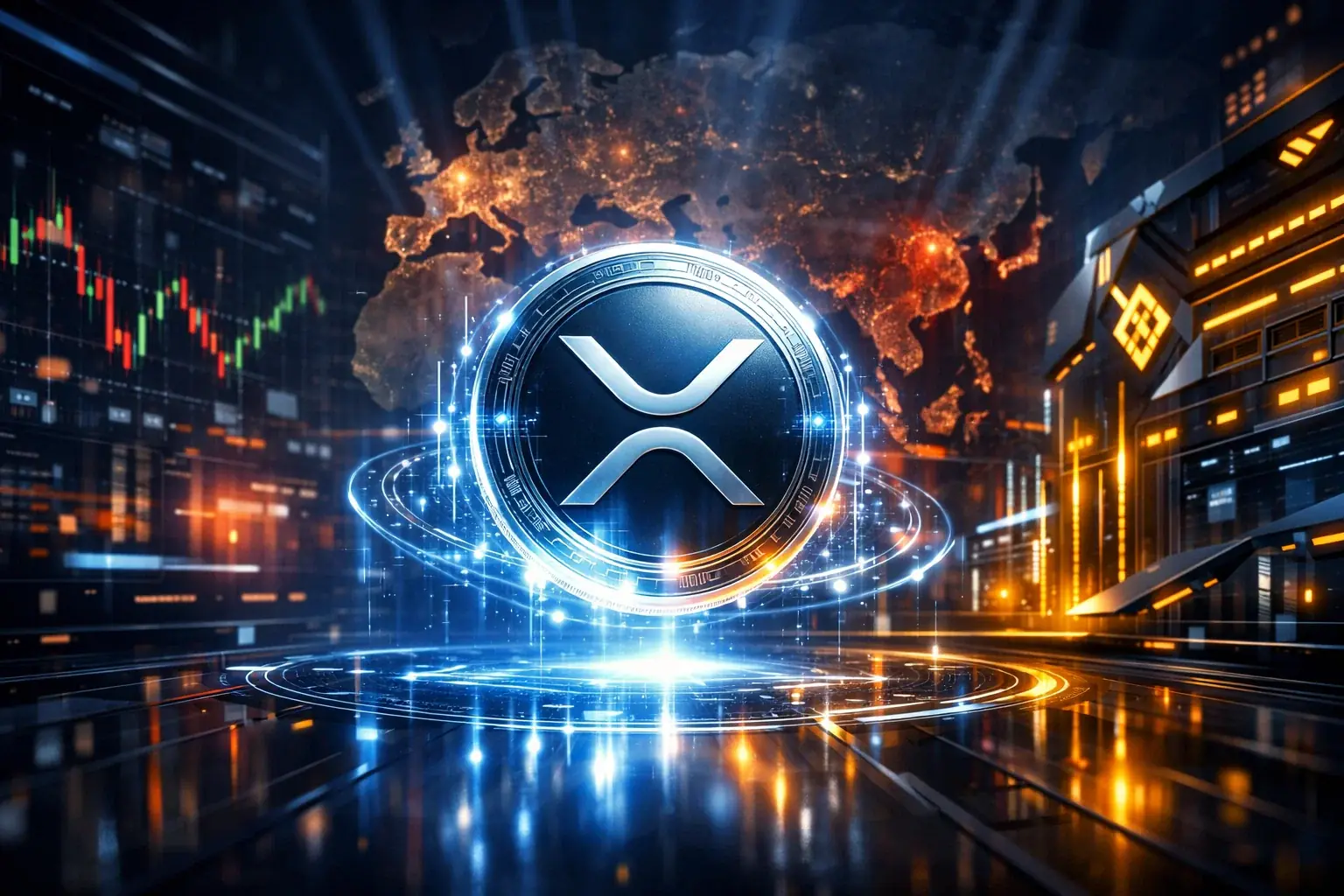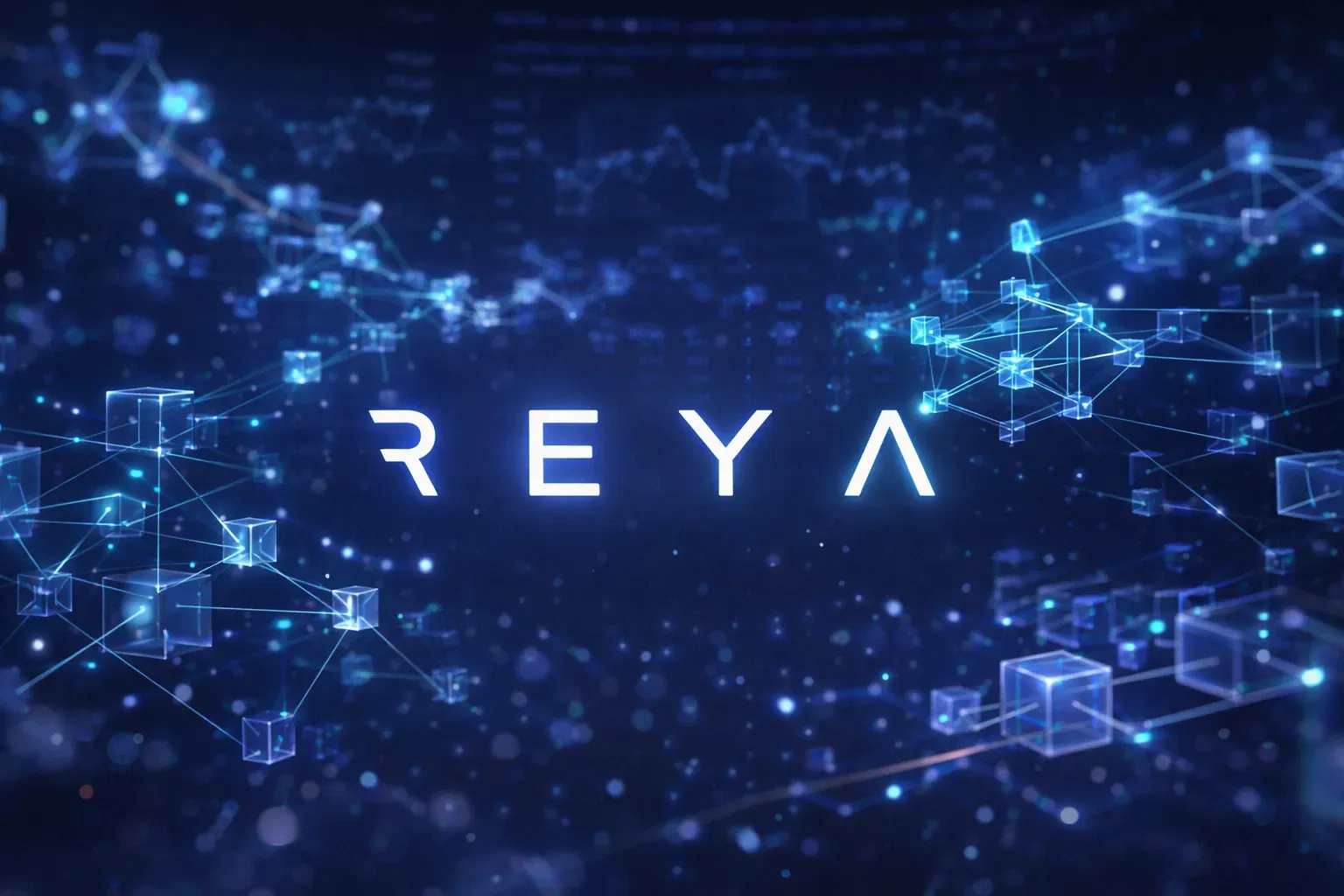A US federal judge has issued a landmark decision, forcing Apple to remove restrictions on app developers who wish to direct users to external payment methods.
The order,issued by Judge Yvonne Gonzalez Rogers on 30 April, marks a crucial turning point for crypto developers aiming to establish themselves in the iOS environment.
Will Apple loosen "off-app" crypto payments?
The legal battle that led to this decision stems from the long-running conflict between Apple and Epic Games. The video game company challenged Apple's App Store practices, accusing them of being anti-competitive. As early as 2021, the court ordered Apple to allow developers to inform users about payment methods outside of apps.
After the initial ruling, Apple introduced restrictive features, including warning screens and complex redirects. These deterrent actions have led users to remain tied to Apple's in-app purchase system, which levies a 30 per cent per-transaction fee from developers.
A recent court decision found Apple's latest restrictions unacceptable, issuing an order preventing the company from creating new transaction barriers or charging fees on payments made outside the App Store. The new directive now prohibits Apple from charging fees or barriers for transactions that take place outside of its app ecosystem.
"Apple, despite knowing its obligations in this regard, thwarted the goals of the injunction and continued its anti-competitive conduct solely to maintain its revenue stream," the judge said.
Apple has updated its App Store guidelines following the ruling. The new guidelines allow app developers to integrate links that direct users to external payment systems, subject to specific conditions.
"Apps may allow users to browse collections of NFTs owned by others, provided that, with the exception of apps on the US store, they do not include buttons, external links or other call-to-actions that direct customers to purchase mechanisms other than in-app purchase," according to Apple's updated guidelines.
Apple's revised policy opens up new opportunities for cryptocurrency apps that have previously faced stringent limitations in Apple's controlled environment. The crypto community noted that apps can now process direct payments with digital currencies such as USDC, ETH and SOL. Developers and users now have the ability to bypass Apple's commission system thanks to this new freedom.
IOS app developers can now allow customers to purchase NFT directly through their apps. Users will be able to experience smoother mobile interactions when purchasing digital collectibles and blockchain assets without being redirected to external browsers.
Developers are now also allowed to restrict access to certain app features using NFT, according to updated regulations. Apple previously disapproved of this practice, seeing it as a way to avoid paying fees.
Developers noted that the transition from fiat currency onboarding to cryptocurrencies remains challenging, despite these revolutionary changes. Users find it easier to manage cryptocurrencies under the new policy only after acquiring digital assets, but still have to complete KYC procedures and use external exchanges to obtain them initially. This decision is an essential step forward in fostering flexibility and innovation within the iOS app environment, benefiting emerging crypto apps.









